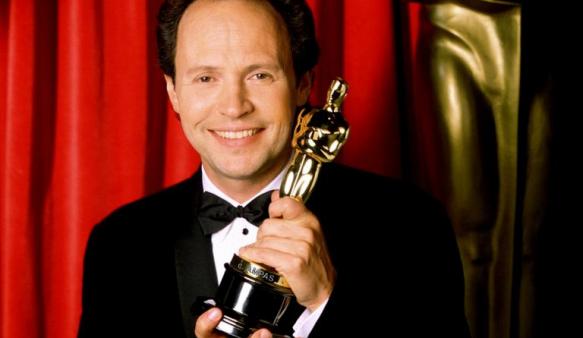
The Oscar nominations have been announced! It is all-Oscar all the time from now until the big night, February 26! You cannot escape it. Every media outlet is abuzz wondering, who will the 6000 members of the Academy of Motion Picture Arts and Sciences pick to win the Oscars. Do you care?
I used to, until I spent ten years working with hundreds of members of the Academy and got a sense of who exactly makes up this organization and who gets to vote on the Oscars. The Academy will not reveal any detailed information about the demographics of its membership. Why? Because they do not want the public to find out what I discovered when I was working my way up to becoming an episodic TV director.
I did this over a ten year period, toiling as an associate producer on more than a dozen prime time TV shows made at Universal and Fox. I was the last man on the TV assembly line in charge of the hundreds of worker-bee sound-FX, music and dialogue editors who “gang-banged” the hundreds of sound tracks for each episode which were then blended together into a final sound mix on a re-recording stage. Because I was the last man on the assembly line, every delay in preproduction and production came out of the amount time I had to complete the post sound. So by the time the show got turned over to me, the only way to get it done before the air-date was to “gang-bang” it – throw a hundred editors at it and work them around the clock.
The gang-bang would culminate in 24 hour long ordeal of sound mixing. And toward the end of that ordeal it would become apparent that what was holding up the entire process was dialogue track number 2 for reel number 2, commonly referred to as R/2/D/2. (Yes, that’s where George Lucas got the name for the robot.) Or it could have been R/3/FX/23 – reel 3, sound effects track number 23; or R/5/M/1 – reel 5, music track number 1. The bottom line was that whichever editor had built that track for that reel was incapable of doing it correctly, and so we could not mix the reel, finish the re-recording session and go home to bed.
In these cases, I would gather up D/2/D/2 myself, and, as the sun was peaking up above the San Gabriel Mountains, hike across the lot, up three flights of stairs and down the hall looking at the names on the doors to determine behind which of them lurked the genius responsible for prolonging this expensive ordeal. And almost inevitably, when I found his name, it was on a little gold plaque, with an Oscar on it and the initials AMPAS after his name. I would knock. The door would open, and there would stand a humpbacked gnome, under a very bad toupee, wearing a plaid jacket and a striped shirt, peering up at me through his Coke-bottle thick glasses. These, all too typically, were the circumstances under which I came face to face with yet another one of the individuals who have, because of their membership in the Academy, been deemed the ultimate arbiters of award-worthy filmmaking.
This concept is a monument to power of media hype. For almost a hundred years now, the Academy has been promoting itself of being the most discerning body of film critics on the planet, and they have done a brilliant job. They are geniuses in their own mind, and they have sold this entirely subjective rationale to the world.
How do you become one of these self-proclaimed geniuses? You get a credit as the sound-FX editor, assistant director, or camera operator on two theatrically released films and you get a buddy of yours who is already in the Academy to nominate you. That’s it. The Academy would have you believe that their entire membership is made up of all those pretty faces you see in the first rows of the Kodak Theater on Oscar night. But the truth is that, like the dialogue editor who could not get R/2/D/2 right, the 6000 members of the Academy are mostly Hollywood deadwood. They have done their little grunt job well enough to earn their two credits, and they are not dead yet. These are self-proclaimed geniuses who determine who wins the Oscars.
Now, do you care?